|
and the Carbon Tax Who can we trust? 15 Dec 2007
|
|
|
|
|
and the Carbon Tax Who can we trust? 15 Dec 2007
|
| | The attempt to suppress
investigations is evidence of criminal behavior
You don't have to know anything about science to realize that the global warming theories are suspicious. All you have to do is notice that the people who are pushing for a carbon tax are trying to suppress other scientists from asking questions. Some scientists have been condemned as "climate deniers": |
| | Humans may be insignificant
to the climate
Until scientists understand the factors that affect the earth's climate, they cannot determine whether humans have a significant effect. How much of an effect as the sun have? How much does the energy output from the sun vary, and how do those variations affect the climate? What effect does the dust from a volcano have on the climate? |
| | Our destruction of vegetation
may be more significant
For all we know, carbon dioxide emissions from humans have no significant effect on the climate because vegetation may be capable of removing carbon dioxide as fast as we produce it. This assumes there is enough vegetation to deal with the carbon dioxide. |

| | Designing better cities is useful regardless
of the effect on the climate
We don't know if reducing our production of carbon dioxide will improve the climate, so why bother? Why not wait for some evidence that it would be useful? |
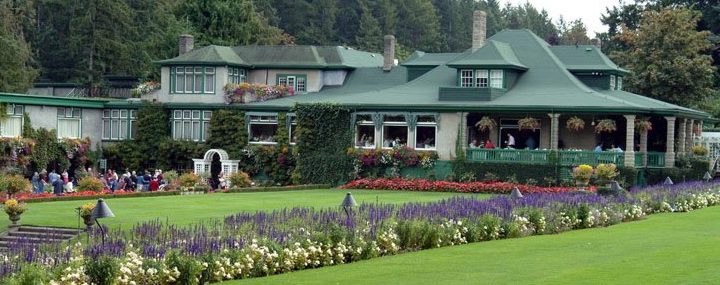
| | We are fools to expect dishonest
governments to fix our problems
Let's assume that we discover proof that humans are indeed ruining the climate of the earth. This brings us to the question, how does paying another tax solve the problem? |
| | We may prefer
a warmer planet
For all we know, most of us would prefer the planet to become warmer. A warmer climate might make some tropical areas too hot for us, but some northern areas might become much more pleasant. It's silly to worry about an issue we don't understand and which we may not have any control over anyway. We need to do more research before we worry about this. We have a natural tendency to resist changes in our lives, but changes are not necessarily bad. |
| Don't support criminals!
Everybody involved with environmental organizations should take a critical look at their leadership and ask themselves, "Are these people really trying to help the human race? Or are they members of the Zionist crime network?" Some of the mysterious scientific organizations are: IPCC, in SwitzerlandThe photos below are a few of the people from various nations who have been to meetings regarding global warming. How many of these people are honest? How many are Zionist agents? When we ask such questions, we are reprimanded for bringing suspicion on honest investigators, but don't be intimidated! |
 How
dare you question my honesty! Do you know who I am? How
dare you question my honesty! Do you know who I am?
I am Dr. James E. Hansen, Ph.D., M.S., B.A. and a professor at Columbia University. I received the Heinz Environment Award for my global warming research, and Time magazine selected me as one of the most influential people of 2006. I've been on the 60 Minutes television show. And these are just a few of my incredible achievements, you lowlife scum! |
| There are certainly some honest scientists involved with climate research,
but how we will know when they all associate together? The honest scientists
should start separating from the suspicious scientists. Help us to identify
the criminal scientists!
Of course, if the global warming issue is anything like 9/11, then some of the scientists who oppose global warming will actually be Zionists who only pretend to oppose it in order to infiltrate and manipulate the opposition to global warming! Hopefully the scientists will be smart enough to understand this concept. |

Professor Joseph Stiglitz of Columbia University. Another Nobel prize winner. He was involved with the World Bank. He allowed himself to be interviewed by Alex Jones! |
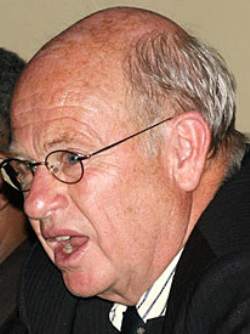
Bert Metz, a government official in the Netherlands. He is very active in pushing climate policies. He is part of the suspicious and mysterious IPCC, which shared the Nobel prize with Al Gore. |
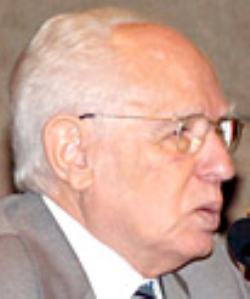
José Goldemberg, of Brazil, co-president of the Council of the Global Energy Assessment. Time magazine called him a hero for his work in ethanol production. |

Elliot Diringer, of the Pew Center on Global Climate Change, another mysterious and suspicious organization. |

Jesper Gundermann, Climate Change Advisor in Denmark |
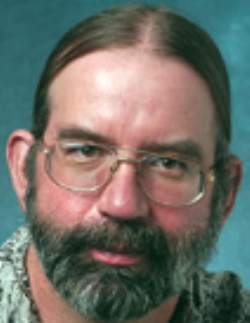
Mark Serreze, Professor at University of Colorado and member of CIRES |
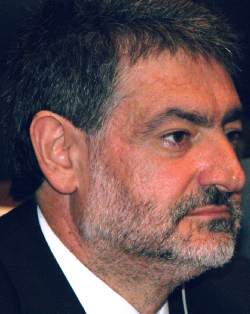
Jose Romero, Scientific Adviser at the Federal Department of Transport, Communication and Energy in Switzerland |

Jean-Pascal van Ypersele is a climatologist at the Catholic University of Louvain in Belgium |
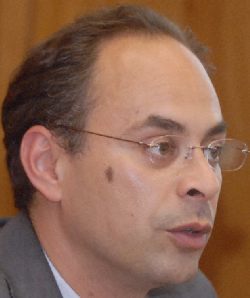
Keywan Riahi, IIASA Staff |

Klaus Radunsky, Federal Environmental Agency in Austria |
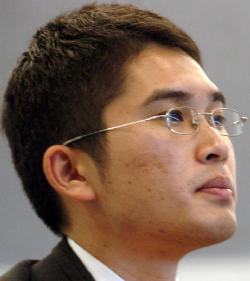
Makato Kato, Ministry of Environment in Japan |

Nebojsa Nakicenovic, a professor in Austria and IIASA Staff |
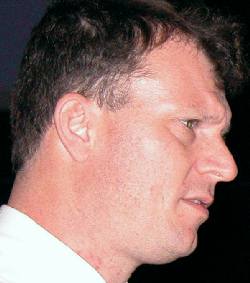
Ronald Flipphi, Ministry of the Environment in Holland |
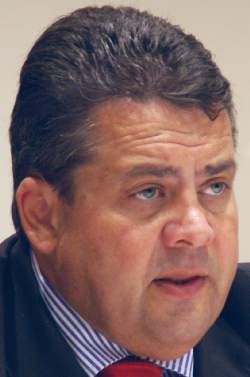
Sigmar Gabriel, Federal Ministry for the Environment in Germany |